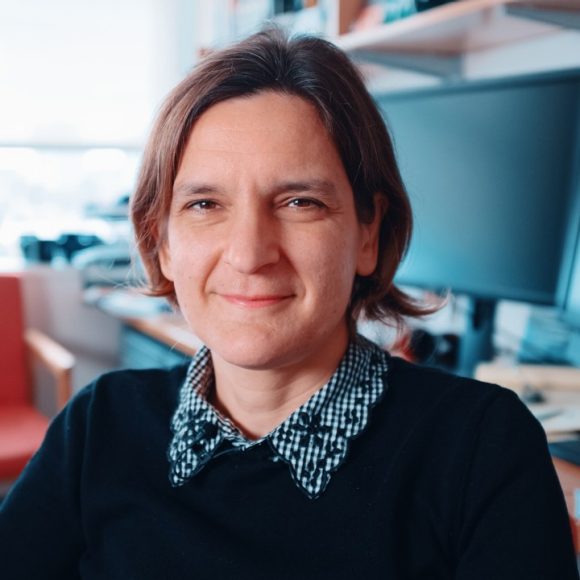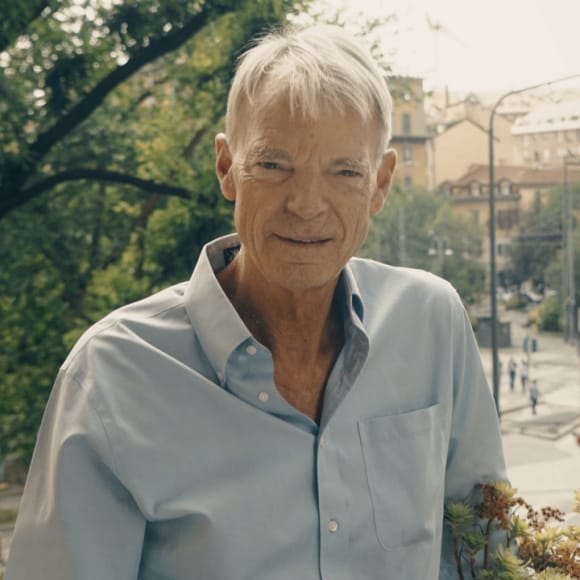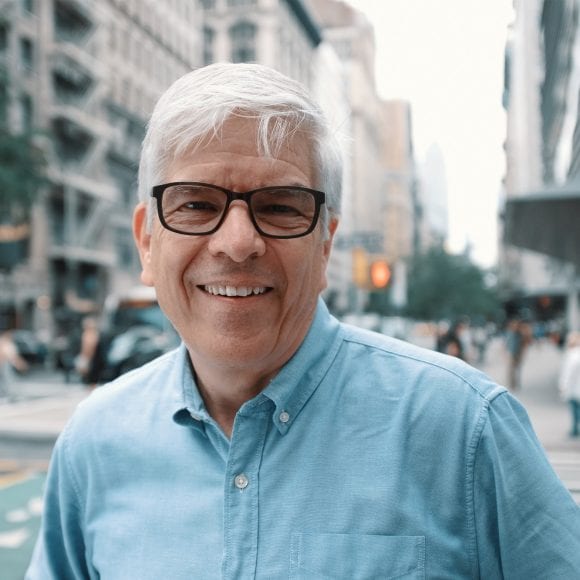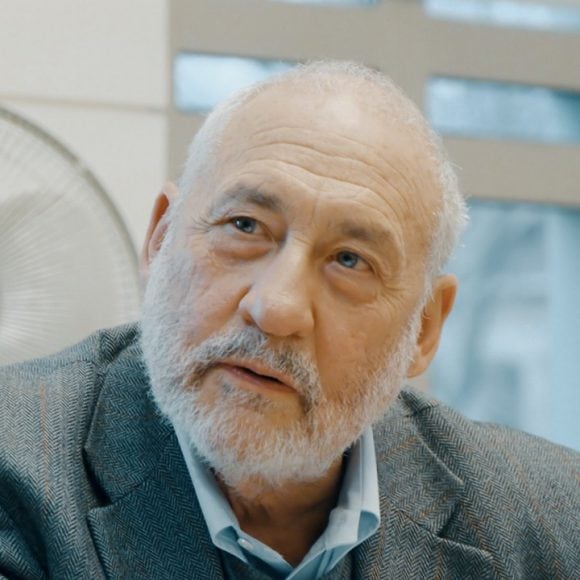Global leaders and a myriad of economic policies are working on tackling climate change, but is it enough? Nobel Laureates discuss the role economics can play, the impact of globalization, and the structures that are helping, and hurting, our ability to achieve real progress.
In 2018, the winners of the Nobel Prize in Economic Sciences were awarded for papers and models integrating technological innovations into long-run macroeconomic analysis. It was seen by many as a significant choice made by the Nobel Committee to blend nature and knowledge, to highlight work that examines not just climate change but how it is affecting the economy and the importance of this knowledge. Economist and Nobel Laureate Paul Romer represents one half of the winning prize, but many of his fellow economists agree: economics may just be one of the most important tools when it comes to solving climate change.
Clever Solutions Without the Harm
Clever Solutions Without the Harm
“I don't think solving global warming is going to be that hard of a problem to solve,” says Romer. “The reason that the problem keeps getting worse is that we're not trying to solve it. All we have to do is create some incentives to solve the problem. And everybody's going to be astonished at all the clever, clever ways that the market comes up with to produce and distribute energy that doesn't rely on the side effect of emitting carbon dioxide and other greenhouse gases.”
He points to a time in recent history, the 1970s, when the United States started producing and emitting a particular chemical, chlorofluorocarbon, that was damaging the ozone layer. A big, global approach was needed to address the damage being done and to protect the ozone layer. In the 1980s, the Reagan administration encouraged a ban on the production of chlorofluorocarbons and then negotiated treaties with countries around the world to join the ban.
Once you stop the harm, people are going to find incredibly clever ways to make money without doing the harm.
What does the future of humans look like?
What does the future of humans look like?
Learn more from CIO’s report on the Future of Humans
“Before the ban went into effect, the leaders in the industry who were producing all these chemicals were saying, ‘The economy won’t survive. Our way of life will be threatened.’ It was just all nonsense,” says Romer. “Nobody even noticed the small changes we had to make to find something else other than chlorofluorocarbons to use. I think that a lot of this ‘Oh it’s going to be so hard [to address climate change]’ is from people who are making money harming everybody else. Once you stop the harm, people are going to find incredibly clever ways to make money without doing the harm.”
Environmental Models
Environmental Models
There are many different perspectives and tools that economists have at their disposal that could be used to fight climate change, according to fellow Nobel Laureate Joseph Stiglitz. Further integration of environmental models into the overall economic framework is a powerful start, but certainly not where it ends.
“For a long time, people have been working on integrating economic models with environmental models,” says Stiglitz. “One of the things that economists forgot for a long time is that we have to live within our planetary boundaries. That's a constraint. We talk about budget constraints, various other kinds of constraints. But the constraint to living within our planetary boundaries, of getting the energy balances right, is a constraint to which we didn't pay enough attention. Economists have also played an important role in trying to highlight how we think about the issue of how much risk we're willing to take.”
Economists have also played an important role in trying to highlight how we think about the issue of how much risk we're willing to take.
Stiglitz points out that while we don’t know what the full effects of the concentration of greenhouse gases will ultimately be, we do have enough knowledge to know that it could be catastrophic. The awareness of the magnitude of this risk is part of the argument for urgency. Economics can help provide a framework when trying to answer questions like what is the best way of accomplishing our goals, or do we use regulation, a price or public investment?
“One needs to have a rich panoply of instruments,” says Stiglitz. “One cannot simply rely on a price intervention or regulatory interventions on their own. Public investments are going to be absolutely crucial.”
Economics’ Crucial Role
Economics’ Crucial Role
For Esther Duflo, the second woman ever to be awarded the Nobel Prize in Economic Sciences in 2019, it is not a matter of if economics can help address the issue, it’s simply a matter of how. Duflo and her co-laureates were awarded the prize for their experimental approach to alleviating global poverty, fueled largely by randomized controlled trials. A willingness to experiment, and iterate, has been the key to success for Duflo, and may be crucial in this case as well.
“I think economics has to help fight climate change. We can't do it without economics,” says Duflo. “There will be no progress unless we find ways that people change their behavior and economics in a way is about how human behavior responds to the set of incentives and the social environment that is around us.”
Duflo says that it isn’t as simple as economists previously thought, that putting a price a carbon means that the price of carbon goes up and people consume less. She says that energy consumption, like many things in our lives, is a matter of habit.
“There’s the industrial organization of it, there’s the behavioral economics of it, there’s a political economy of it, and all of these really need to focus on how we get people to change their behavior,” says Duflo. “We understand that something needs to be done. Carbon emissions have to go down.”
I think economics has to help fight climate change. We can't do it without economics.
Global Accountability
Global Accountability
Nobel Laureate Michael Spence, an expert on economic growth and sustainable growth, says there is still work to do on how we assess and measure environmental activity and changes. Spence also sees technology playing a crucial role to help minimize any negative side effects that could arise during transitions. It’s also a matter of global leadership and accountability.
“People ask the question, ‘Well, in tackling climate change, are we going to reduce economic performance?’,” says Spence. “Well, there's disagreement about this. Maybe yes, maybe no. But the whole point of the exercise is not the short run. The whole point of the exercise is not to have a catastrophic collapse somewhere down the road. And so, I think the way in which we assess economic performance today makes it more difficult to address these long-term challenges.”
The shift to greener energy sources is not something that will happen overnight. According to Spence, we are looking at a multi-decade transition in which the energy efficiency increases, and the fossil fuel component of the energy mix declines, particularly in electricity generation, but not exclusively. For this, we need a plan and technology.
“You need a plan that’s sensible for the evolution of the fossil fuel side,” says Spence. “The politics of this has caused us to seriously underinvest in having a balanced plan for the greening of the economies of the world and, at the same time, phasing out the fossil fuel. We need balanced approaches to this over time.”
How we assess economic performance today makes it more difficult to address these long-run challenges.
He adds that in order to enact any sort of meaningful change, major players measured by emissions must come to some sort of understanding amongst each other.
“It's China, India, Europe, the UK, North America, Mexico and Japan,” he says. “If you add up their total CO2 emissions, this isn't the whole story, but it's an important part of it. That's over 70 percent of global emissions. At the core, we really need an understanding between the US, China, and Europe that makes sense and increases the ambition.”
An Optimistic Outlook
An Optimistic Outlook
For all of their scientific viewpoints, theoretical frameworks, and economic theories, many economists are still left with a very human, relatable emotion: hope.
“There are reasons to be pessimistic right now. There are reasons to be optimistic,” says Romer. “The reason for optimism is what's possible, given the physics of the world and the things that we can produce and do with it. The technological physical opportunities are just enormous. But the reason we're facing difficulty right now is how to take advantage of those possibilities.”
“If we solve that problem of just making the hard decisions, making the right decisions, then the opportunities will be just as bright as they've been throughout human history. Progress will continue. Standards of living will improve. We'll live lives that are richer, more fulfilling.”
And Stiglitz agrees.
“As we've thought more about climate change, the price of renewable energy has come down,” he says. “People are changing the patterns of living, what they eat and so it may in fact turn out that our ability to make the goals of one and a half degrees net neutral by 2050 may actually be not only easier than we thought but be the basis of a real burst of creative energy that is going to be something that will actually make our society better off.”
Has this question inspired you?
Get the latest Nobel Perspectives updates delivered to you.
Recommended reading
Learn more about these Laureates
Has this question inspired you?
Get the latest Nobel Perspectives updates delivered to you.






